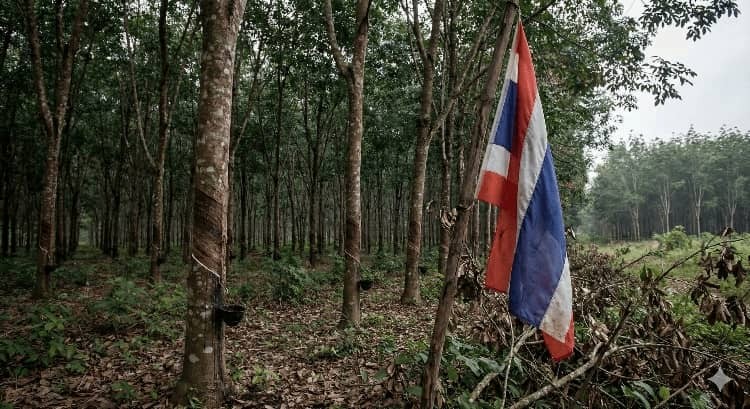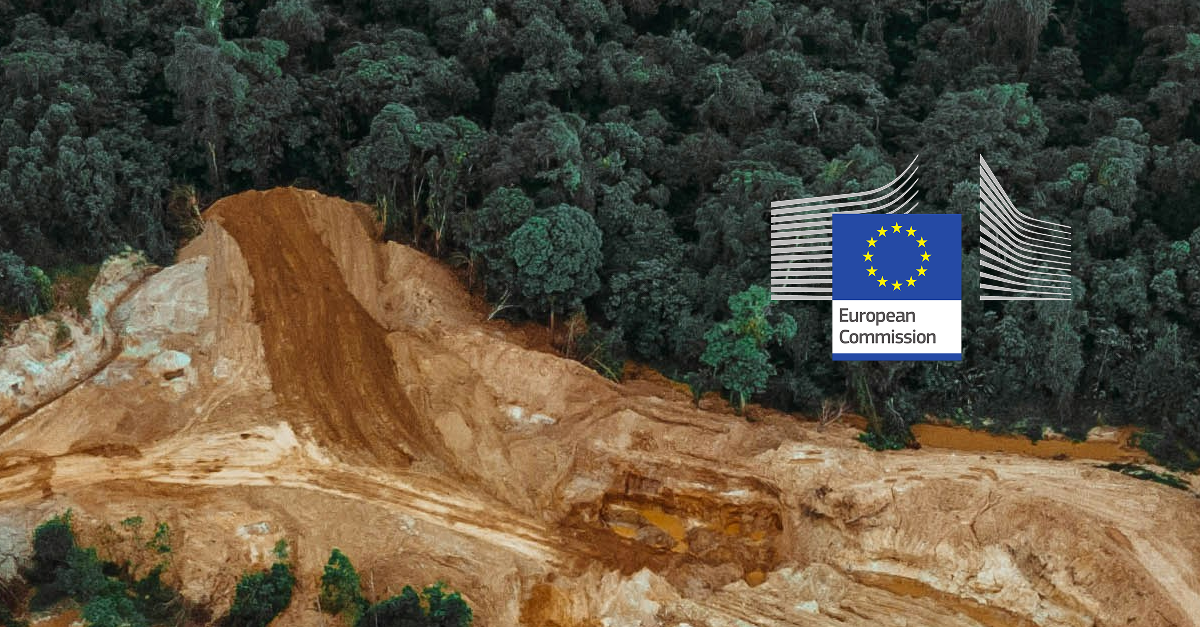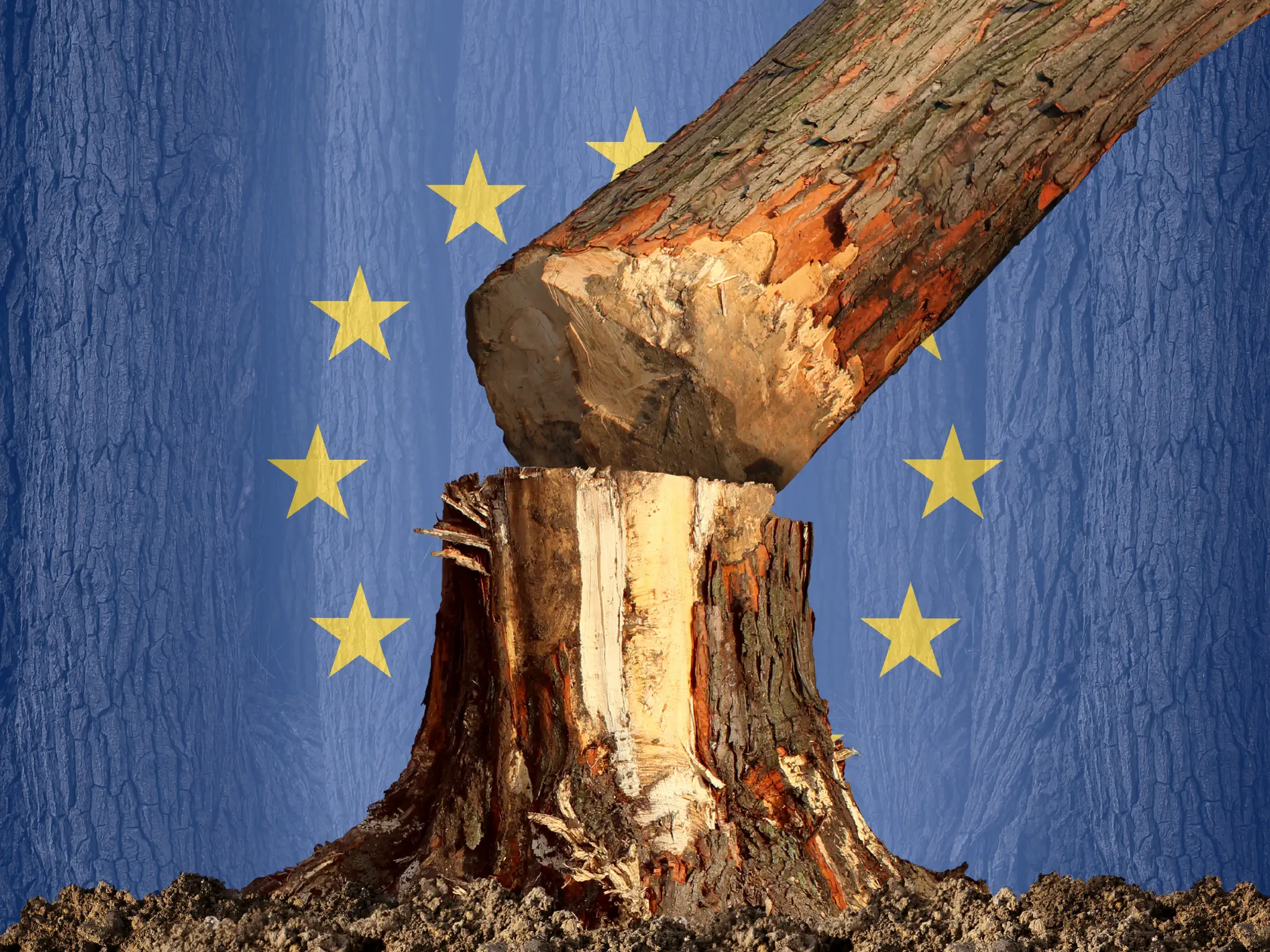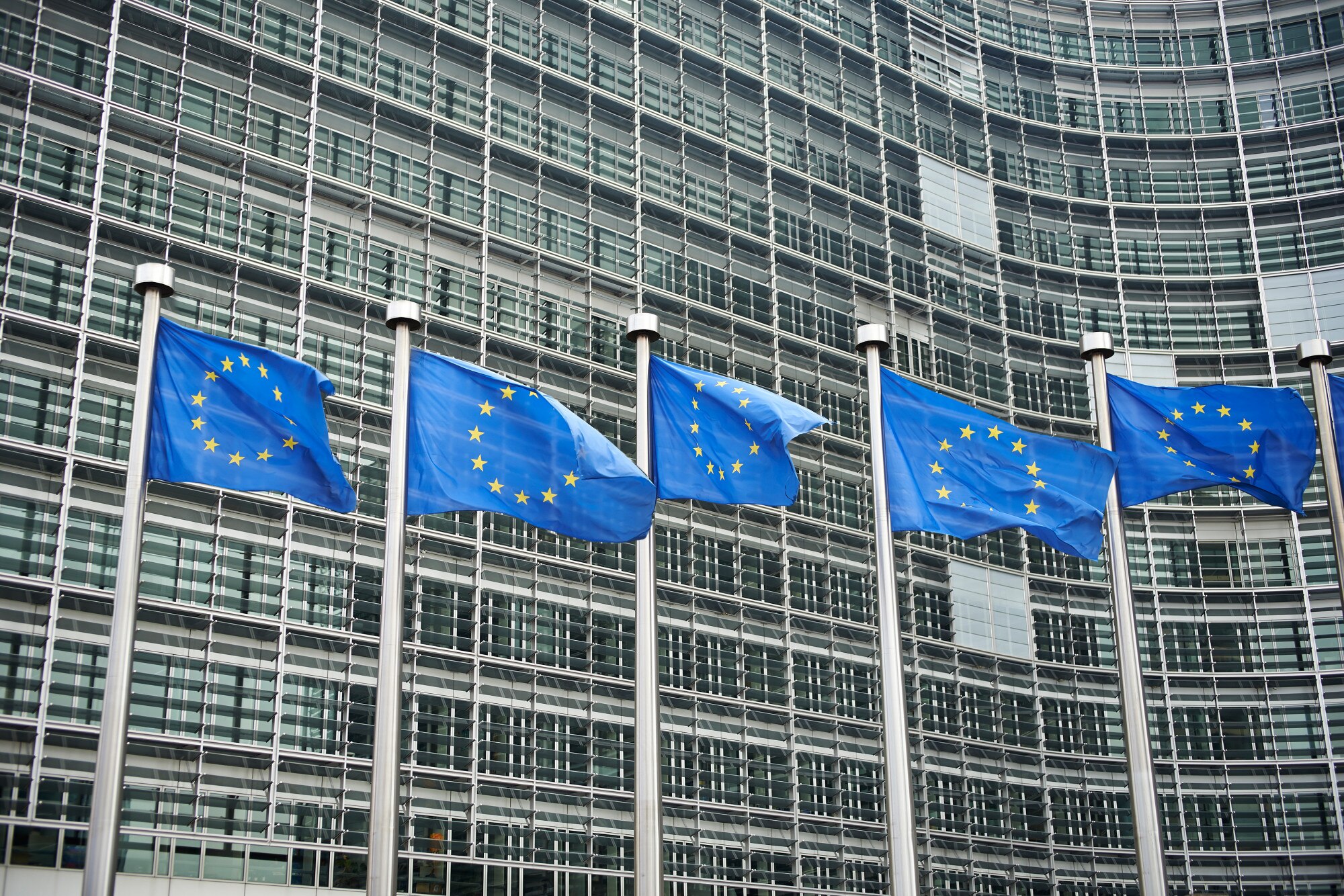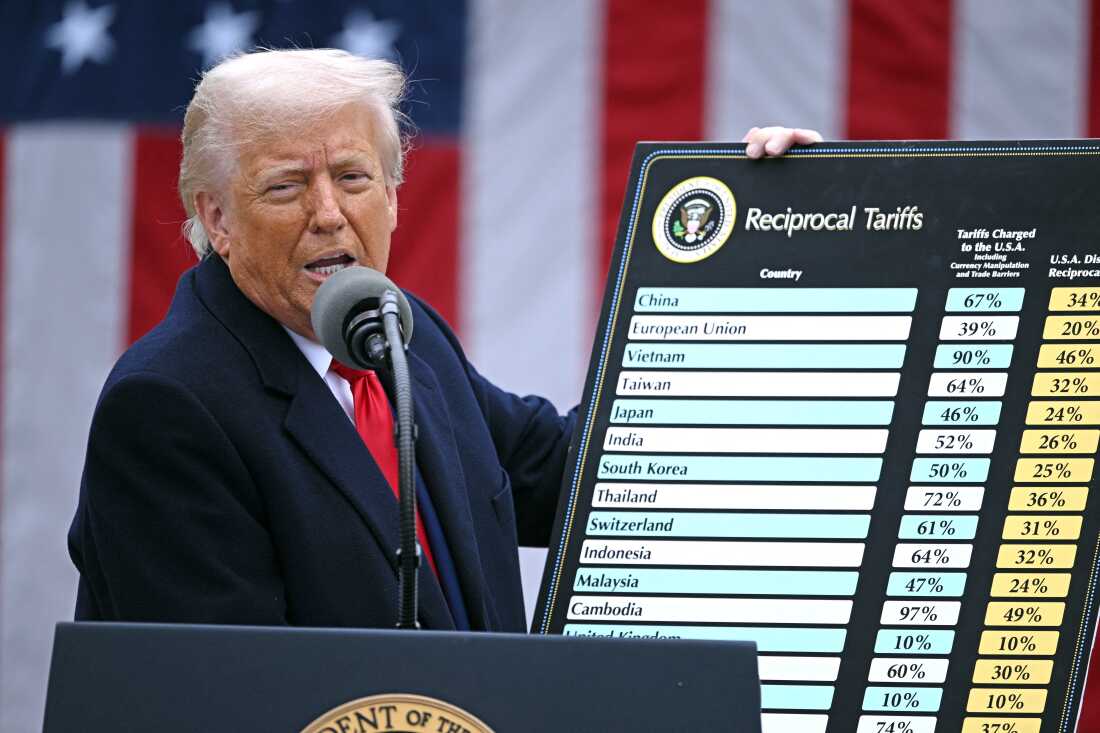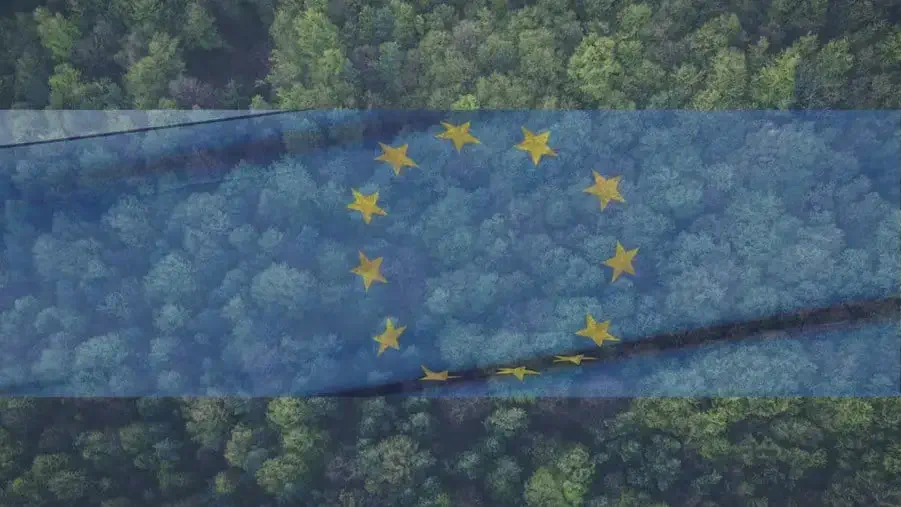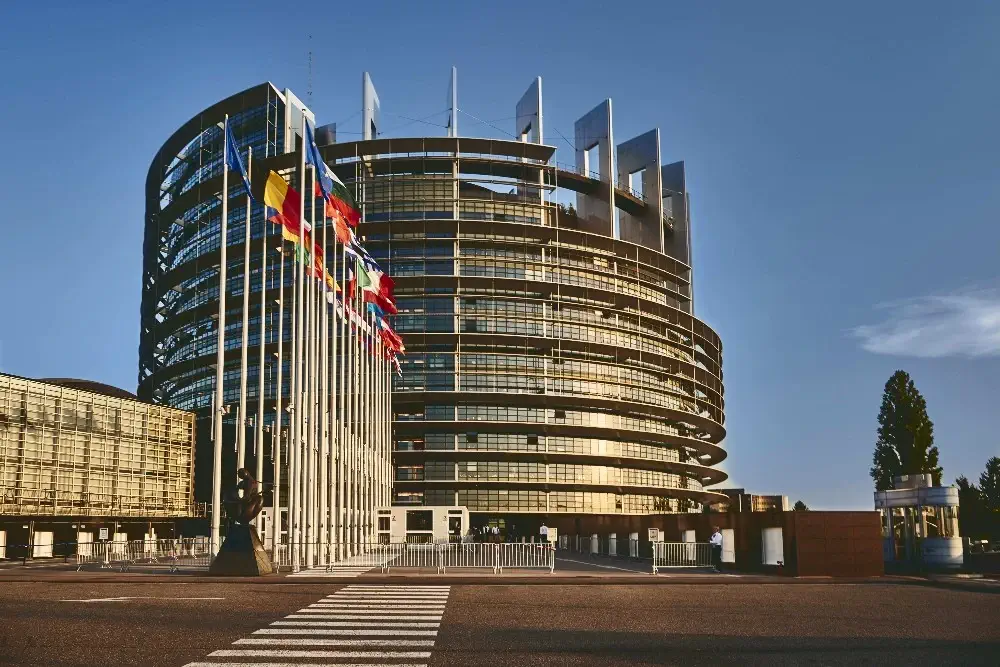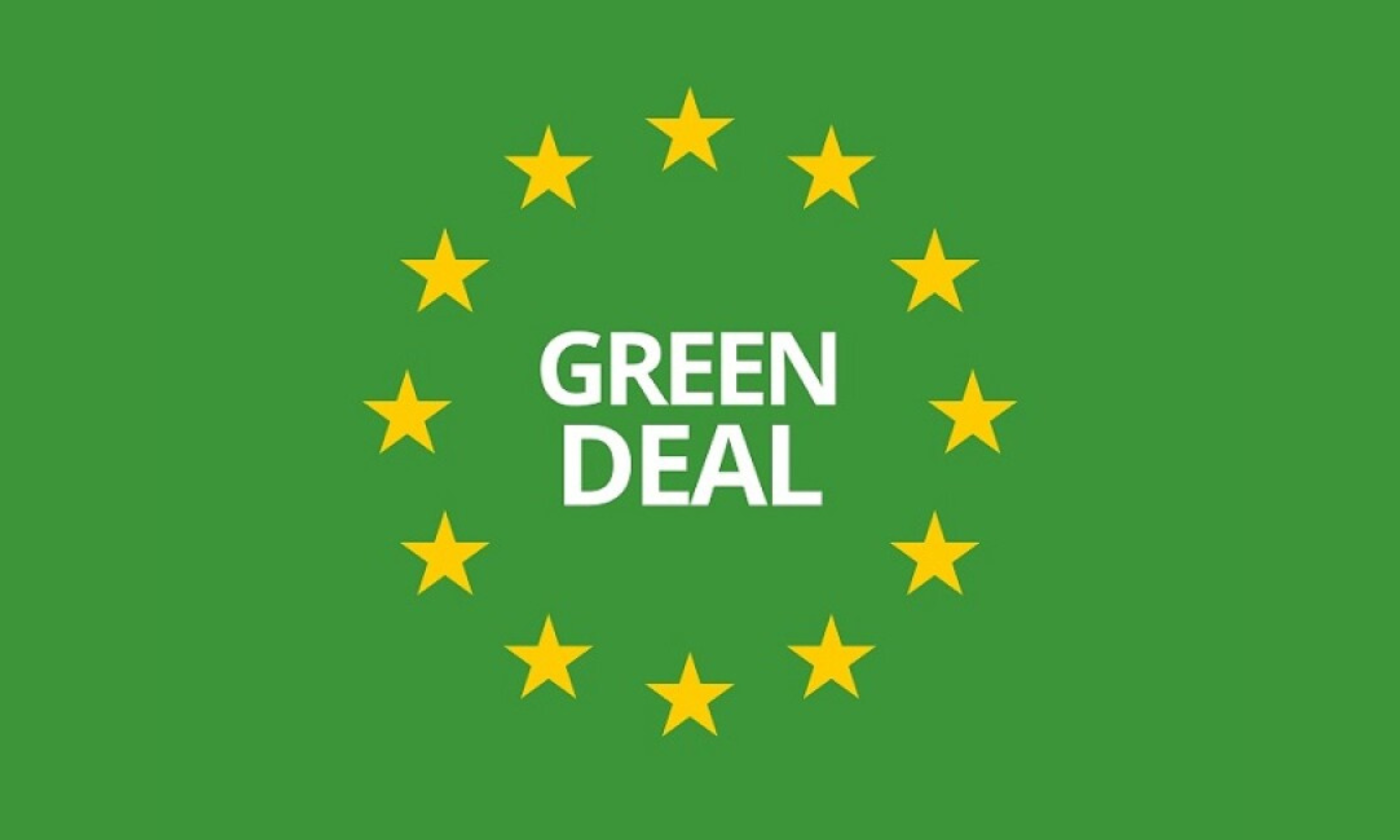
US Calls for Delay in EU's Landmark Deforestation Import Ban
The United States has formally requested that the European Union postpone its upcoming ban on imports linked to deforestation, set to take effect on December 30, 2024. This move has heightened trade tensions as the deadline approaches.
In a letter to the European Commission, high-ranking US officials including Trade Representative Katherine Tai, Agriculture Secretary Thomas Vilsack, and Commerce Secretary Gina Raimondo expressed concerns about US exporters' readiness to comply with the new regulations. The letter, dated May 30, highlights several challenges, including the absence of a system for submitting required documentation and a lack of clear implementation guidance from the EU.
"We therefore urge the European Commission to delay the implementation of this regulation and subsequent enforcement penalties until these substantial challenges have been addressed," the letter states.
Global Impact and Opposition
The EU's deforestation law aims to ensure that products such as soy, beef, coffee, and palm oil entering the European market do not contribute to forest destruction. This initiative seeks to root out deforestation in supply chains for products sold in Europe, effectively turning voluntary pledges into concrete action.
The policy has faced strong opposition from major producers such as Indonesia, Malaysia, and Brazil, who argue that it imposes unfair trade barriers and additional costs on their economies. These countries claim the new rules will significantly impact their agricultural sectors.
Interestingly, the US is not alone in its call for a delay. Agriculture ministers from a majority of EU countries have also requested postponement, citing potential harm to European farmers who would be banned from exporting products cultivated on deforested or degraded woodlands.
EU's Stance and Future Implications
Despite mounting pressure, the European Commission has thus far stood firm on the implementation date. A Commission spokesperson stated, "We keep the situation under constant review and we are working hard to ensure that all the conditions are met for smooth implementation of the law."
As the deadline approaches, the EU faces a delicate balancing act between environmental protection and international trade relations. The outcome of this request could have significant implications for global efforts to combat deforestation and for the future of sustainable trade practices.

